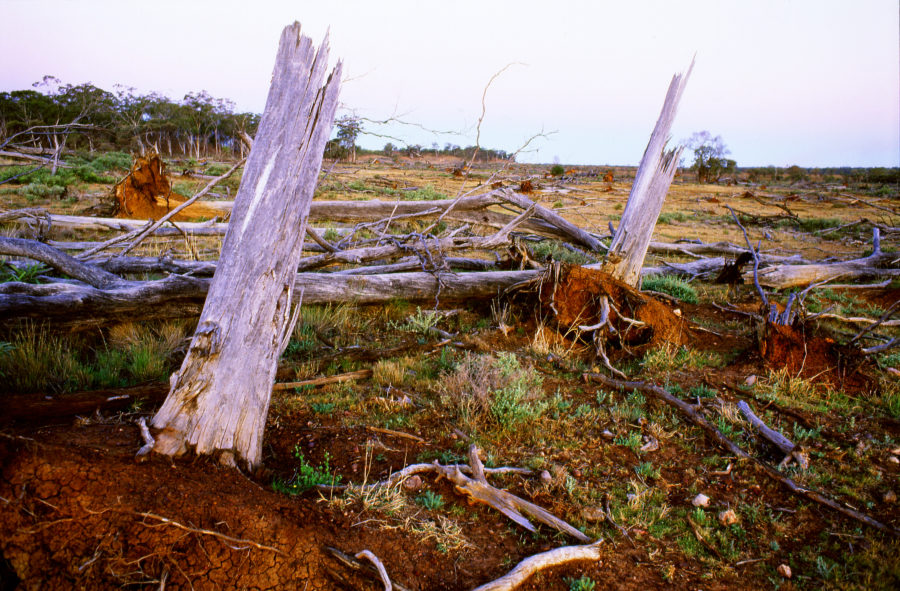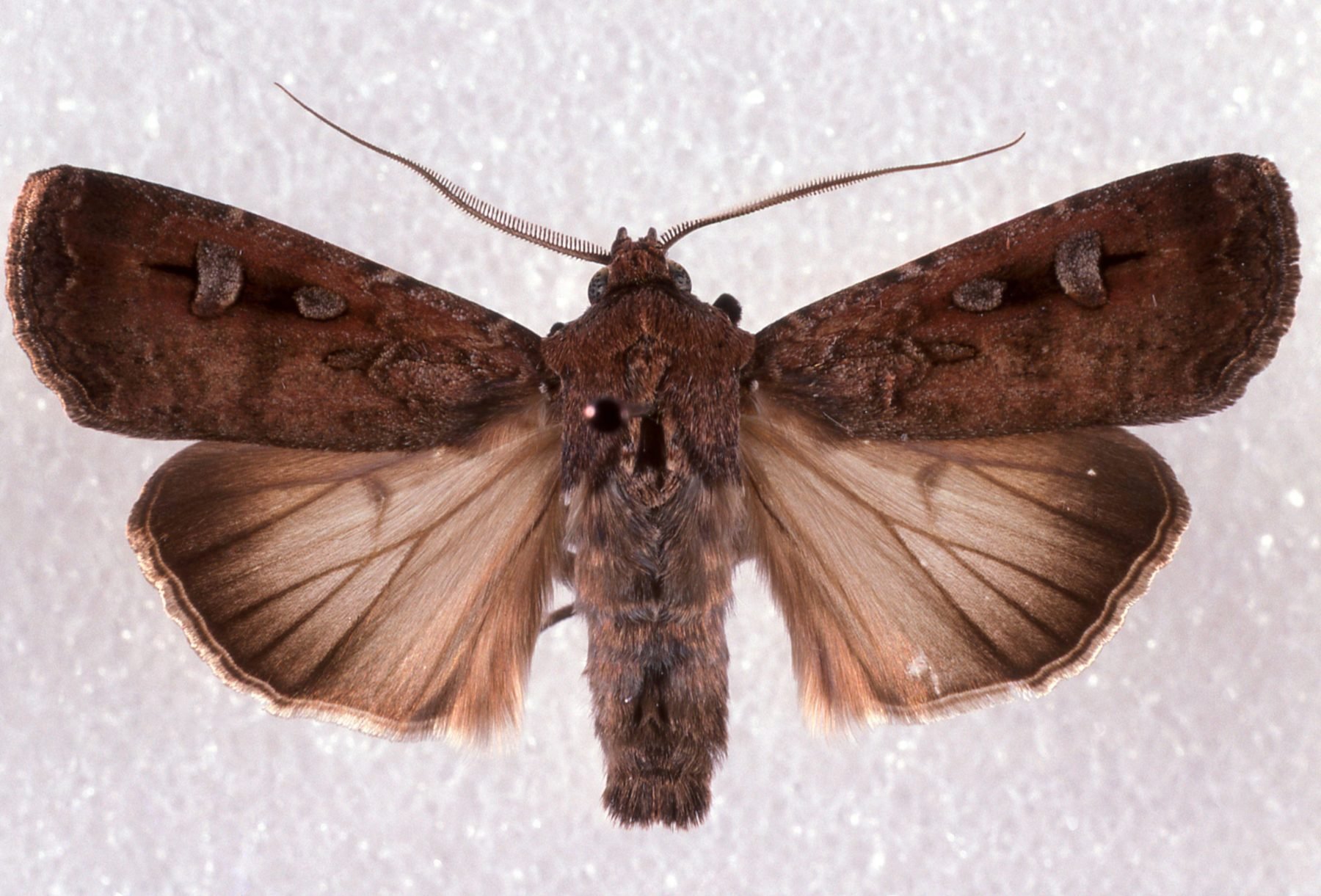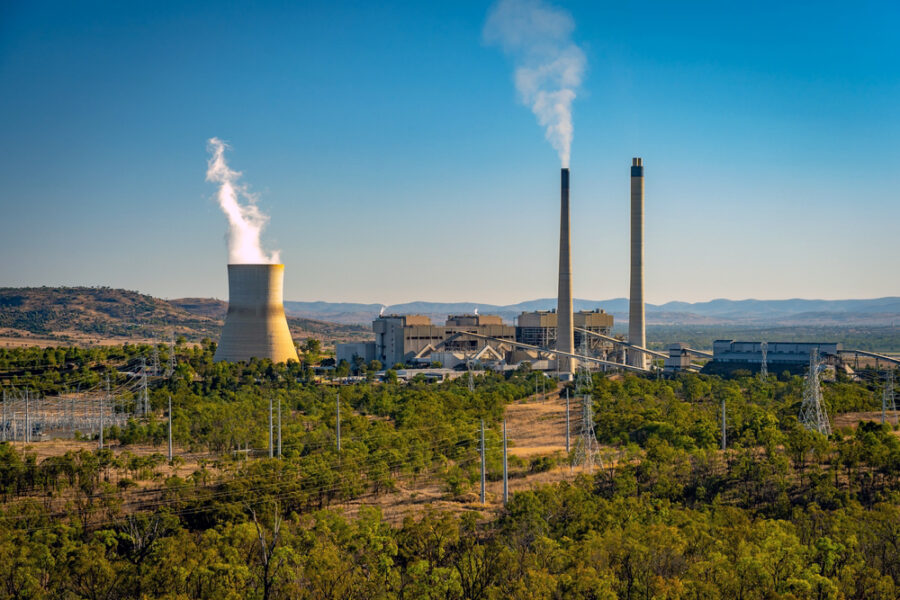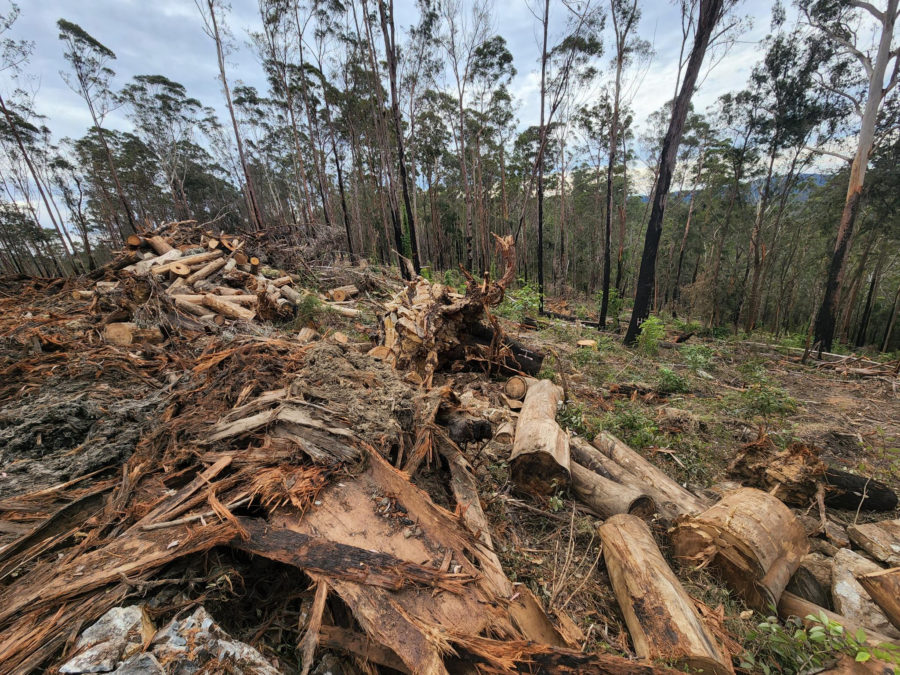OPINION: Leading by example

At the COP28 climate conference, held late in 2023 in Dubai, in the United Arab Emirates, the Australian government continued its campaign to host the event in 2026. Among challenges to the bid is one data point that continues to embarrass our nation: at current rates, another Australian species could be extinct by the time we host the conference.
Our country’s record on species extinction is appalling.
We’re driving the largest decline in biodiversity of any developed nation and oversee the world’s worst modern mammal extinction rate. There are 19 Australian ecosystems, including the Great Barrier Reef and alpine forests, showing signs of collapse.
Yet successive federal governments have failed to respond with meaningful action. Ongoing land clearing, underfunded endangered species recovery, and inadequate invasive species control continue to fuel the disaster.
Australia on notice
Globally, our lack of action to protect biodiversity has not gone unnoticed. We have been singled out at the International Union for Conservation of Nature World Conservation Congress in 2021 for our recent extinctions and for being a global deforestation hotspot. UN Secretary-General António Guterres recently urged world leaders to end a “senseless and suicidal war against nature”. In his message, Mr Guterres pleaded with governments to reduce deforestation, promote more forest cover, and vastly intensify our efforts to restore ecosystems. He recognises that biodiversity loss exacerbates climate change by releasing carbon and reducing greenhouse gas sequestration – undermining gains made through clean energy initiatives and reduced consumption. Ecosystems are the only viable carbon sink, and they must be protected and restored to achieve global climate goals.

These warnings continue to be ignored in Australia. While the federal government has made a welcome shift to speaking more about the importance of environmental leadership, it hasn’t translated this rhetoric into meaningful action since taking office in 2022. The government has shown a desire to host important global conferences such as COP31 and this year’s Global Nature Positive Summit, but the focus is more on optics than action.
The federal government has prioritised the development of a Nature Repair Market to cost-shift conservation efforts to the private sector at the expense of making rapid and meaningful progress on fixing our nature laws. Asking the private sector to contribute more to nature repair is not a bad idea, but navigating the nature repair market through the Senate was a disappointing distraction from the law reforms and funding initiatives urgently needed to protect and restore nature.
If our government wants to be taken seriously as an environmental leader, we must clean up our own backyard.
An opportunity to lead and restore Australia’s reputation
Fortunately, we know what we need to do to conserve species and ecosystems. We need strong and enforced nature protection laws, a truly independent environment protection agency, and adequate investment species and ecosystem recovery. These actions won’t cost the earth. We could prevent extinction of our 2,003 nationally-listed endangered species and restore threatened ecosystems for about $4 billion per year – less than the GST revenue on pet care. We can afford it.
As a first step, we need to stop further destruction before we can begin to repair the damage. This includes investing in invasive species management. We need to control feral cats, foxes, deer, pigs, goats, buffer grass, and privet weed at the scale required to reduce total numbers and reverse the spread of invasives to new areas. We need to stop expanding farming, mining, forestry, and development incursions into sensitive habitats, especially when these incursions are used to dig up and burn more fossil fuels. We need to ensure that the transition to a clean energy system doesn’t become a driver of extinction through lack of planning to avoid energy development in sensitive habitats. Conservation organisations, scientists, Traditional Owners and environment agencies also need a level of support that matches the scale of the challenge they face in the fight to protect species, ecosystems and Country. Together, these actions will begin to arrest the ongoing destruction of Australia’s biodiversity and provide a stronger foundation from which we can begin to repair the damage we have wrought.

Australia’s federal government has an enormous opportunity to lead, handing down its penultimate budget in May and delivering new nature laws soon after. As the clock ticks towards the election, the 2026 climate summit, and the impending loss of further Australian species, the government is running out of time to demonstrate leadership and begin to repair both our environment and our global reputation. We need a substantial investment in biodiversity in the upcoming budget.
I know members of this government care about protecting the environment, but it’s time for them to walk the walk – after all, words without action are just hot air, and in the words of Secretary-General Guterres: “Hot air is killing us.”
Brendan Wintle is Professor of Conservation Ecology at the University of Melbourne, Director of the Melbourne Biodiversity Institute, and Lead Councillor at the Biodiversity Council.



